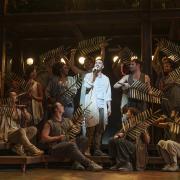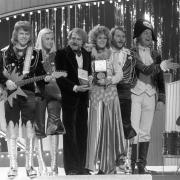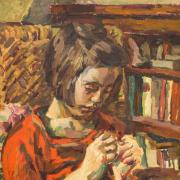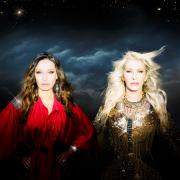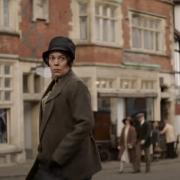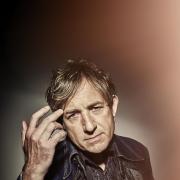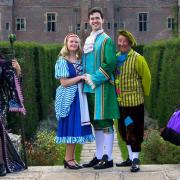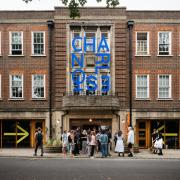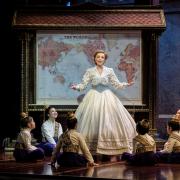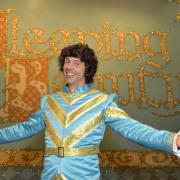While we won’t get to enjoy Festival performances this year, Chichester Festival Theatre remains at the heart of our cultural community. Here we look back over some highlights of its 58-year history.

Chichester Festival Theatre was founded by a local ophthalmic optician and former city mayor, Leslie Evershed-Martin, following an idea he had whilst watching a television programme in 1959 about the Shakespeare Festival Theatre in Stratford Ontario, Canada.
Leslie managed to recruit probably the most sought-after actor and director of the age, Sir Laurence Olivier, to become Chichester Festival Theatre’s first artistic director. When the theatre opened, it was the first thrust stage to be built in the UK for more than 400 years. The theatre’s opening attracted huge national and international press attention, and a dedicated train service was put on to transfer audience members back to London after the evening’s performance. The Daily Mail reported that it was “the chattiest and most un-British train that British Rail runs”.
The Sixties were illustrious years for the theatre, highlights including Sir Laurence’s production of Othello, with him in the title role (which of course would not happen today), and the world premiere of Peter Shaffer’s The Royal Hunt of the Sun.
In the 1970s, The Beggar’s Opera became the theatre’s first musical, marking the beginning of a successful programme for Chichester. Wendy Toy became the first female director, staging the musical version of R Loves J and going on to direct eight further productions. The 1977 production of The Apple Cart was another high point in the theatre’s history. Star Penelope Keith was widely recognised as Margot in the BBC sitcom The Good Life.

The 1980s saw the opening of the Minerva Theatre in April 1989 under the direction of Sam Mendes, who had been working at the studio theatre The Tent since 1988.
The 1990s saw an influx of star power, under the direction of Duncan Weldon with Derek Jacobi as associate director. The 1995 season alone featured Lauren Bacall, Harold Pinter, Honor Blackman, Maggie Smith, Penelope Keith and Dinsdale Landen. The Minerva’s 1997 production of Electra, starring Zoë Wanamaker and Andrew Howard, transferred to London and then to Broadway, for which Zoë won a Tony Award.
The 2003 season was the first by a female artistic director. Ruth Mackenzie took the helm alongside Steven Pimlott and Martin Duncan, with the trio presenting a first season themed around water. It included performances of The Gondoliers, The Merchant of Venice and The Water Babies, with the stage being rebuilt to accommodate 9,800 litres of water.
Water became a regular feature under Chichester’s next artistic director, Jonathan Church. In 2011’s Singin’ In The Rain the front row memorably received a soaking during the title number. It was one of many Chichester productions to make a West End transfer during his 11 seasons.

In 2012, Chichester Festival Theatre launched RENEW, a campaign to restore and upgrade the Grade 2* listed building. Jonathan handed over to Daniel Evans in 2016. Although this year the theatre was forced to cancel Festival productions due to the COVID-19 crisis, some – such as musical South Pacific and The Unfriend – will return next year.u
With thanks to Holly Stewart and the Pass It On history project: passiton.cft.org.uk





